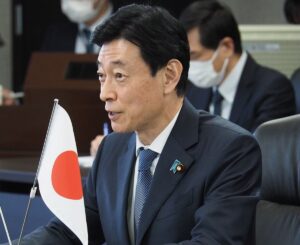On May 18, about six months after the United States established the Space Force, Japan launched a new Space Operations Squadron. These moves by the two allies reflect the importance that each country attaches to outer space given its key role for information technology, military strategy, and the economy.
The U.S. and Japanese actions in outer space are also unfolding in the larger context of intensifying strategic competition. Alongside its broader Belt and Road Initiative, China has been taking measures to develop a “Space Silk Road,” expanding its global space network while promoting space cooperation with developing countries. One such attempt may be the Chinese effort within the framework of the Asia-Pacific Space Cooperation Organization. (APSCO). APSCO, established in 2008, is an intergovernmental organization designed to provide a cooperative mechanism for developing countries and to promote multilateral cooperation through resource sharing in space science, space technology, and space applications in the region to facilitate the capacity building of its members. APSCO currently includes China, Bangladesh, Iran, Mongolia, Pakistan, Peru, Thailand, Turkey, and Indonesia as members, with Mexico as an observer. Additionally, Beijing has been advancing space-related foreign aid to South American and African countries such as Argentina and Namibia. Furthermore, China has been expanding its ground-based tracking stations in countries including Namibia, Kenya, Pakistan, Brazil, Argentina, Chile, and even Australia and Sweden.
Read the full article.




